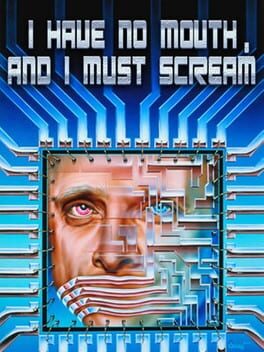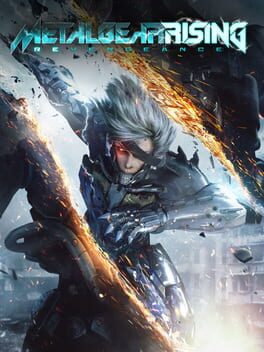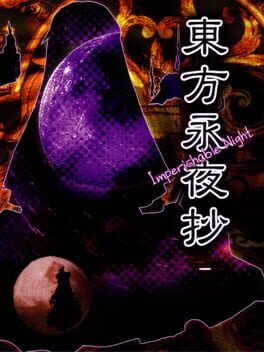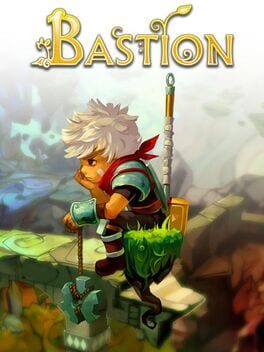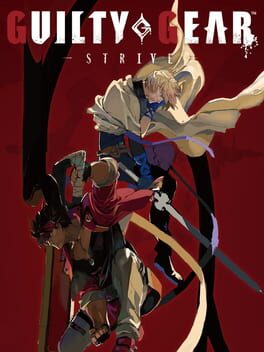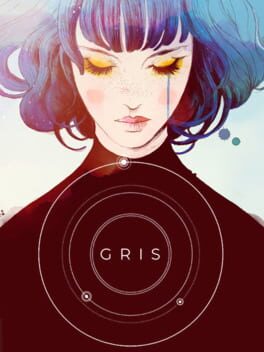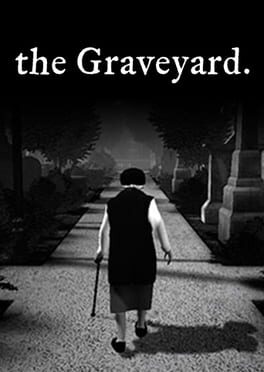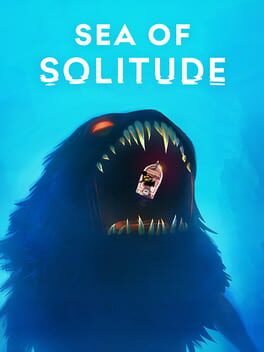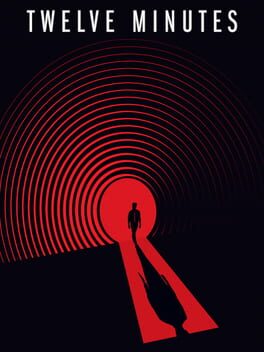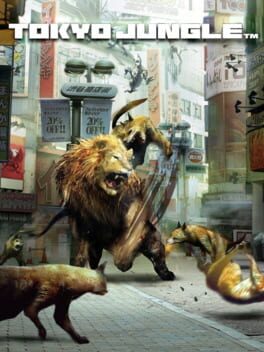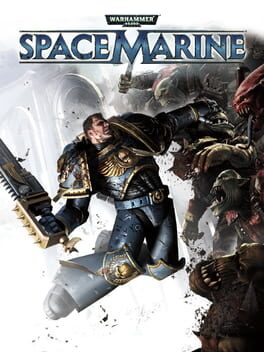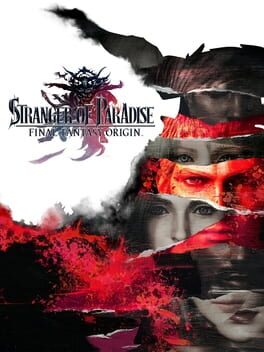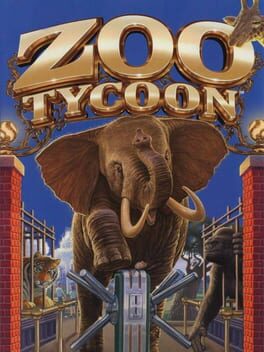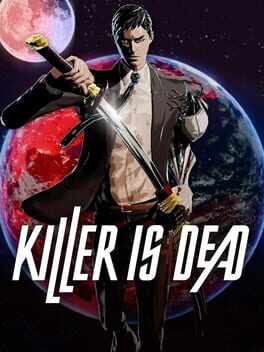Soulinake
21 reviews liked by Soulinake
NieR: Automata
2017
This review contains spoilers
The purpose of a critique is to take something apart to reveal a flawed construction or a shaky foundation, so it’s with some reluctance that I take on a modern classic with only an arm full of rocks to break the windows. I may have personally found this game to be a slog, but its straightforward action doesn’t actually have any fundamental problems. It tells a story with a lot of twists and turns, it develops its characters, there really doesn’t seem to be anything wrong with it. So, here’s the brick I intend to throw at it:
What is Nier: Automata about? Not in terms of plot, what are its themes and core ideas?
This question probably sounds insane. How could you not pick up on its absurdist ideas? How could you not notice how existentialism is core to its central conflict? Well obviously, I did, but the ridiculousness of the question is exactly my point. Nier: Automata leaves so little to the imagination, so little for you to wonder about and consider on your own that it ultimately works against its own interests. Naming someone “2B” in an existential game is a pretty cheeky move, and naming a traitor character “A2” starts to get into eye-rolling territory. When the two protagonists who work for an inscrutable authority wear blindfolds, and the one who left the organization has her eyes open, it's just painfully on the nose. Introducing the machine-fighting heroes as androids themselves, and having them state “There’s no actual meaning behind anything machines do” within the first thirty minutes signposts the direction of the plot so clearly that it kills the intrigue. Examples like these are dotted all over the game, like how the moral absoluteness of Yorha has literally made their base viewable only in black and white, and how most secondary characters are named after philosophers who tangentially relate to the game’s themes. These details don’t draw you in and spark your imagination, but simply highlight how this was written by someone who didn’t want the time they spent reading philosophy to be wasted on people who wouldn’t pick up on messages less subtle than a chainsaw.
This sort of approach affects the gameplay just as much, with the most notable example being how the endings are paced. The first “ending” takes about ten hours to reach, but this is more of an intro than anything. The plot goes on to be resolved in the subsequent endings B through E, with the B ending being the second longest with a run time of six hours. During this time, you play as the sidekick 9S instead of 2B, and essentially replay the entire game with minimal changes other than a repetitive hacking minigame. The purpose was to force players into recognizing all the plot/character details they may have missed the first time around, grinding players’ faces into the story to ensure that they did not miss absolutely anything. Replaying games can be great, and picking up on details you missed is fun, but hiding the resolution to the story behind a boring replay is excessively self-indulgent on the behalf of the developers. This is incredibly damaging to its overall replay value, even when there wasn’t much to begin with, considering how the combat is similarly concerned with ensuring even the least attentive players see everything. The action is very simplistic, and the combination of strong upgrade chips and consumable items only incentivizes players to thoughtlessly break through the game rather than mentally engage with it.
That’s really what all these little nitpicky rocks pile up to become. I may have loved its style, its fashion, its sense of humor, and how it actually tried to do something philosophical, but a game that tries to be about philosophy, yet doesn’t let players think on their own, has an unavoidably detrimental irony. It’s a game that misses its own point, not letting people uncover meaning in a game about uncovering meaning. Even so, the character drama still works. The combat is still fun to watch, and for people who haven’t been exposed to this sort of topic, it wouldn’t feel as patronizing. Most people don’t replay games at all, so even the repetition I found to be so gratuitous could have been an eye-opening experience. Nier: Automata still stands tall in spite of my little complaints, but it’s not exactly a house I want to live in. Some asshole broke all the windows.
What is Nier: Automata about? Not in terms of plot, what are its themes and core ideas?
This question probably sounds insane. How could you not pick up on its absurdist ideas? How could you not notice how existentialism is core to its central conflict? Well obviously, I did, but the ridiculousness of the question is exactly my point. Nier: Automata leaves so little to the imagination, so little for you to wonder about and consider on your own that it ultimately works against its own interests. Naming someone “2B” in an existential game is a pretty cheeky move, and naming a traitor character “A2” starts to get into eye-rolling territory. When the two protagonists who work for an inscrutable authority wear blindfolds, and the one who left the organization has her eyes open, it's just painfully on the nose. Introducing the machine-fighting heroes as androids themselves, and having them state “There’s no actual meaning behind anything machines do” within the first thirty minutes signposts the direction of the plot so clearly that it kills the intrigue. Examples like these are dotted all over the game, like how the moral absoluteness of Yorha has literally made their base viewable only in black and white, and how most secondary characters are named after philosophers who tangentially relate to the game’s themes. These details don’t draw you in and spark your imagination, but simply highlight how this was written by someone who didn’t want the time they spent reading philosophy to be wasted on people who wouldn’t pick up on messages less subtle than a chainsaw.
This sort of approach affects the gameplay just as much, with the most notable example being how the endings are paced. The first “ending” takes about ten hours to reach, but this is more of an intro than anything. The plot goes on to be resolved in the subsequent endings B through E, with the B ending being the second longest with a run time of six hours. During this time, you play as the sidekick 9S instead of 2B, and essentially replay the entire game with minimal changes other than a repetitive hacking minigame. The purpose was to force players into recognizing all the plot/character details they may have missed the first time around, grinding players’ faces into the story to ensure that they did not miss absolutely anything. Replaying games can be great, and picking up on details you missed is fun, but hiding the resolution to the story behind a boring replay is excessively self-indulgent on the behalf of the developers. This is incredibly damaging to its overall replay value, even when there wasn’t much to begin with, considering how the combat is similarly concerned with ensuring even the least attentive players see everything. The action is very simplistic, and the combination of strong upgrade chips and consumable items only incentivizes players to thoughtlessly break through the game rather than mentally engage with it.
That’s really what all these little nitpicky rocks pile up to become. I may have loved its style, its fashion, its sense of humor, and how it actually tried to do something philosophical, but a game that tries to be about philosophy, yet doesn’t let players think on their own, has an unavoidably detrimental irony. It’s a game that misses its own point, not letting people uncover meaning in a game about uncovering meaning. Even so, the character drama still works. The combat is still fun to watch, and for people who haven’t been exposed to this sort of topic, it wouldn’t feel as patronizing. Most people don’t replay games at all, so even the repetition I found to be so gratuitous could have been an eye-opening experience. Nier: Automata still stands tall in spite of my little complaints, but it’s not exactly a house I want to live in. Some asshole broke all the windows.
Bastion
2011
Bastion is one of the most powerful gods on the indie-gaming pantheon, next to the likes of Braid and Fez. It was part of the first wave of indie titles which brought the concept to the public eye, thanks to its wholly original visual presentation and simple but rewarding third person action gameplay. The problem is that you’re reading a review written in 2019 and not 2011. It’s still a fun and good looking game, but indie development has gotten more ambitious since then, and Bastion’s ideas have been refined in subsequent games. If you haven’t played it yet, I would caution against thinking of it as one of the all-time-great indie titles, but I would still say it’s definitely worth a playthrough.
Guilty Gear: Strive
2021
Tomodachi Life
2013
Hong Kong 97
1995
3 lists liked by Soulinake
